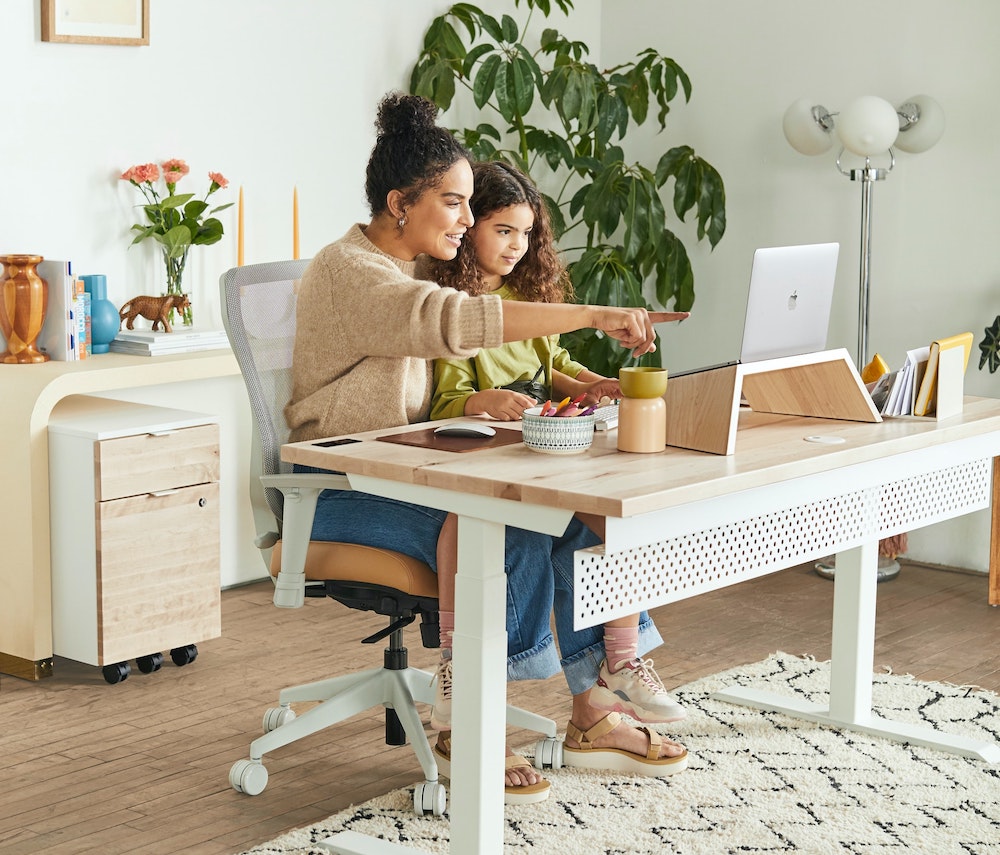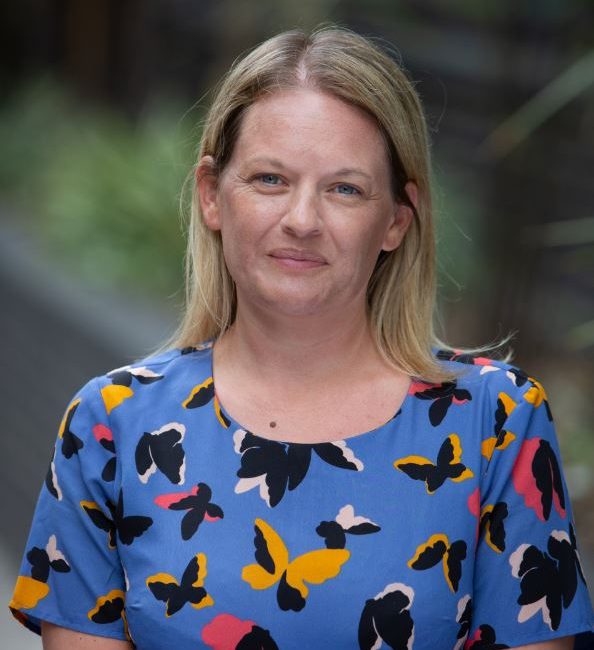
Anyone can experience burnout, regardless of gender identity. However, the survey suggests that triggers such as economic challenges are experienced differently by women, and notably those who are mothers and carers. Women are bearing both the emotional and financial brunt of soaring prices, with data from the World Economic Forum showing that women earn less than men. They are also more likely to manage daily household costs, such as groceries and child maintenance. Understandably, this may add extra pressure for mothers in the workplace.
Evidence also suggests that Black women and women of colour receive lower pay, and experience higher unemployment rates, than that of white women. Analysis from PwC earlier this year found that this disparity has widened over the last decade. It also found that the pandemic exacerbated these inequalities, with unemployment rates rising substantially for Black women and women of colour.
Employers have an important role to play in helping to tackle some of these challenges for women and a duty of care to prevent burnout across all staff. Implementing policies to support working parents is a critical part of ensuring that mental health and wellbeing is adequately protected for this cohort of employees.
Whilst the pandemic showed us the importance of flexible working, it needs to be employee centred and not a one size fits all approach. My personal working pattern includes working four days a week, mainly based from home, so that I can spend more time with my children. My work pattern enables me to actively take part in the ‘school run’ which just wouldn’t be possible if I was working 9 to 5 in an office.
It’s not just mothers who will be picking up these responsibilities though, and to truly dismantle gender stereotypes, especially when it comes to parenting, it’s important that flexibility is offered to all who bear a caring responsibility. Helping working mums doesn’t just mean putting support in place for women, it means putting policies in place for their partners and family members so they can play their part too. For example, our interim Head of Wellbeing, People and Equity, works compressed hours to give her a nine-day fortnight. This means she can use her day off each fortnight to care for her 22-month-old nephew.
At MHFA England, we were recently placed in the top 100 UK Best Workplaces for Women 2022 (medium-sized organisations) – an achievement which we are proud of, with 80% of our organisation consisting of women. Our employee benefits also include two wellbeing weeks a year. This gives all our staff a great opportunity to engage in some real down time without the fear of an exploding inbox on their return. It also helps carers mitigate the cost of childcare during traditionally long, expensive holiday periods.

Great leadership puts empathy at its heart for employee wellbeing, engagement, talent retention and performance. Employers need to ensure wellbeing strategies reflect their commitment to supporting all employees of all gender identities.
As part of the support we offer our employees, we recently held a financial wellbeing webinar, hosted by an external provider, to help staff understand the different options available to navigate the cost-of-living crisis. We wanted to acknowledge that circumstances may change and be difficult for some over the months ahead, but there are actions we can take to help alleviate the impact.
Workplace Mental Health First Aiders (MHFAiders®) can also be a great source of support for those experiencing poor mental health. MHFAiders® are a first point of contact for anyone experiencing a mental health issue and they can signpost people to support and further services. MHFA England training is proven to increase people’s confidence to provide this level of support with 91% of people agreeing the course increased their understanding of mental health.
Positive and open cultures are developed from the top down. As senior leaders we can lead from the front by creating platforms, space, and time for everyone to feel supported, regardless of their gender identity, sexuality, disability, health, age or caring responsibilities.
The MHFA course has been developed with diversity and inclusion at its heart. There are updated statistics reflecting the experiences of black women and women of colour, intersectionality’s that affect an individual’s window to the world and a list of diverse mental health resources, training and support on the MHFAider Support App®.
Whilst all the tips above are vital in supporting mothers in the workplace they are, and can only ever be, just one part of wellbeing in the workplace. Whether that includes flexible working, championing diverse teams or leading with empathy, they must work hand in hand to create a culture where women can thrive in workplace.
This September, MHFA England is launching its new MHFA course, which is the only licensed, internationally accredited, evidence based MHFA course in England. It has been re-developed through an inclusive lens–promoting equity and understanding around mental health. To find out more about training MHFAiders for your organisation, click the link below.
Sarah McIntosh is the Director of Delivery at Mental Health First Aid (MHFA) England. She leads on the training, development, and quality assurance of the MHFA England Instructor Member community.

